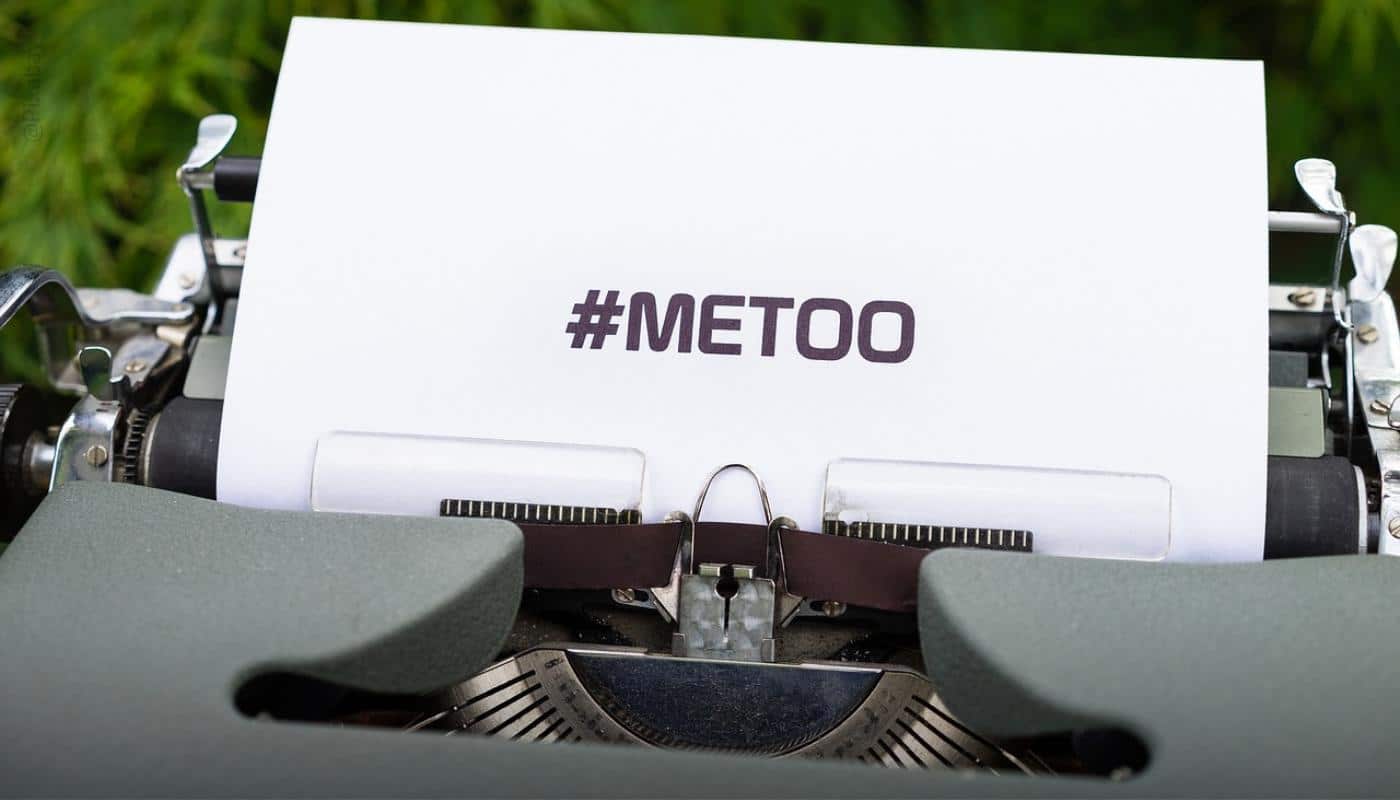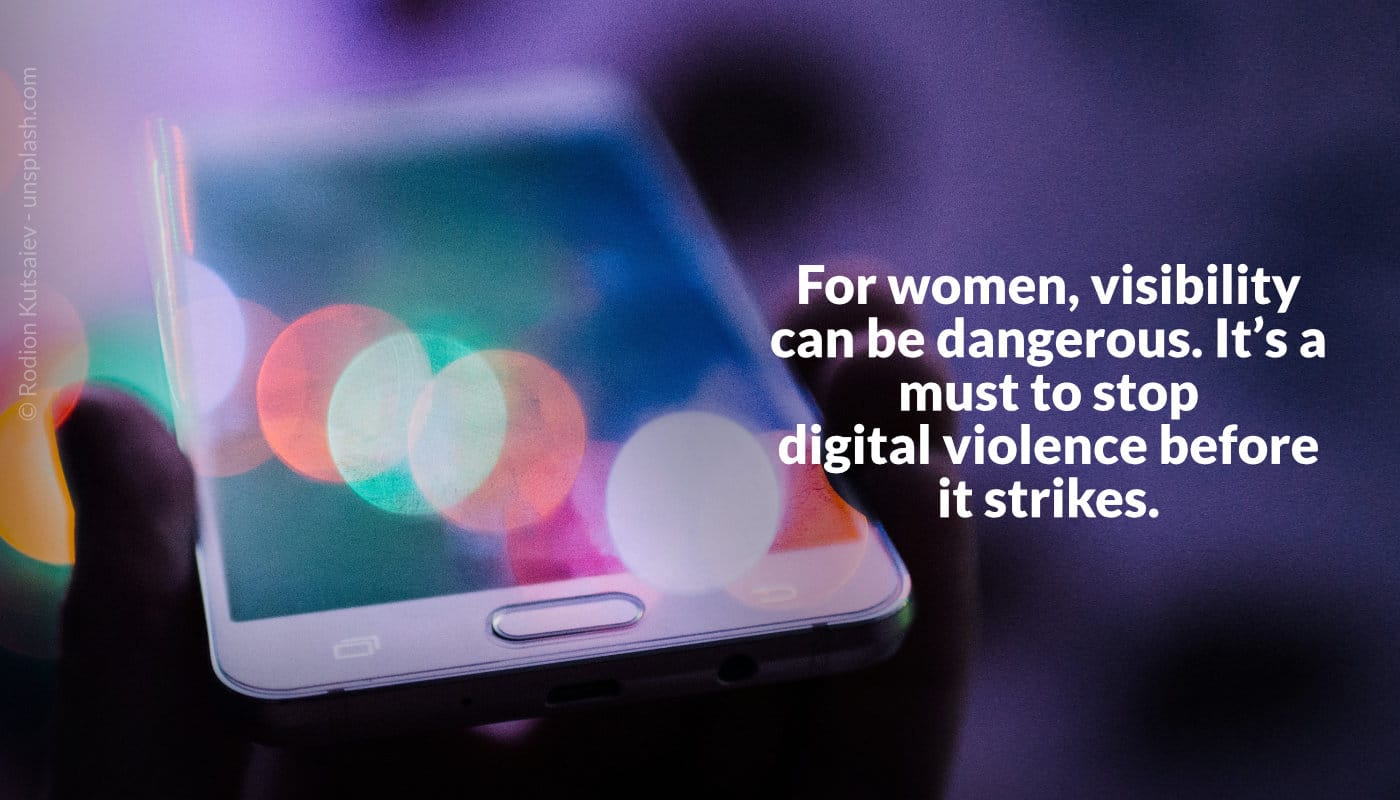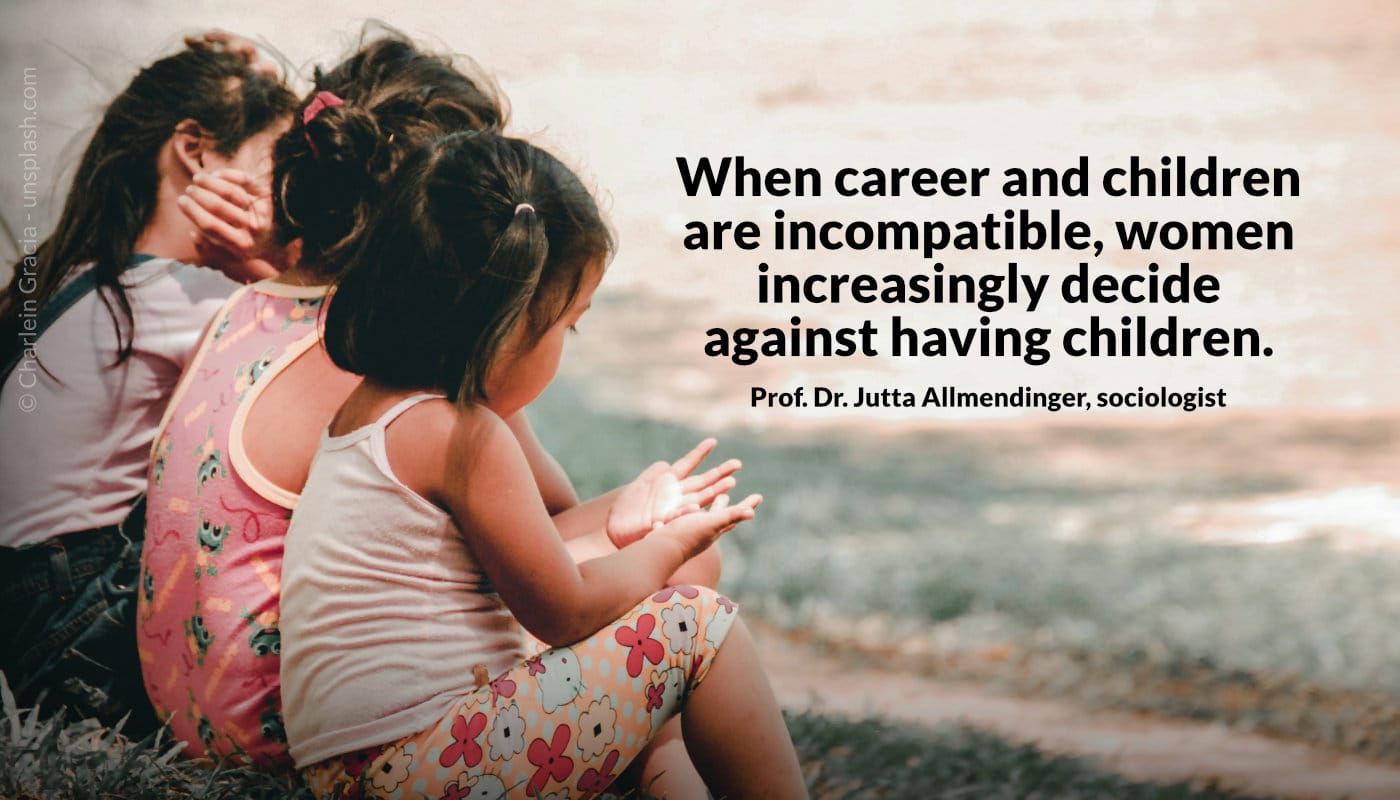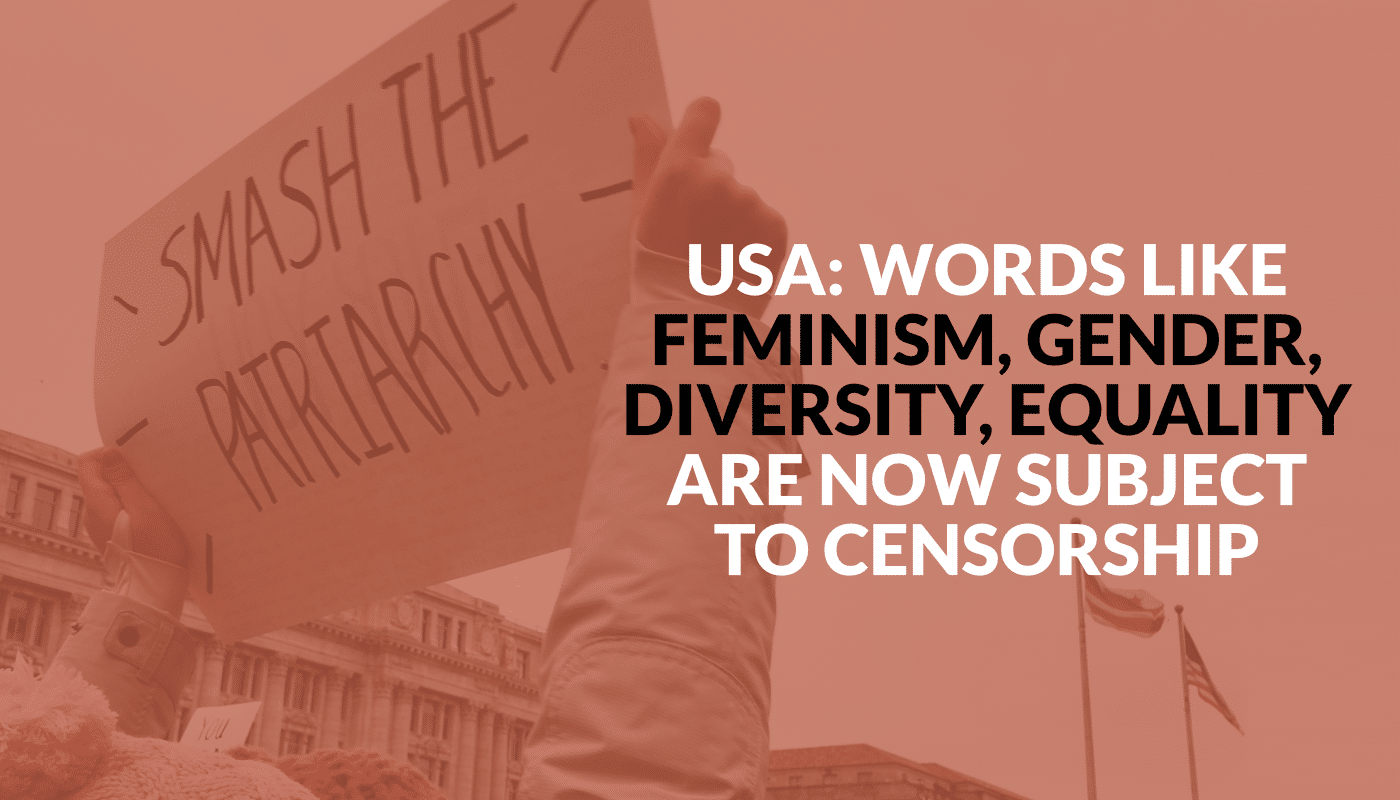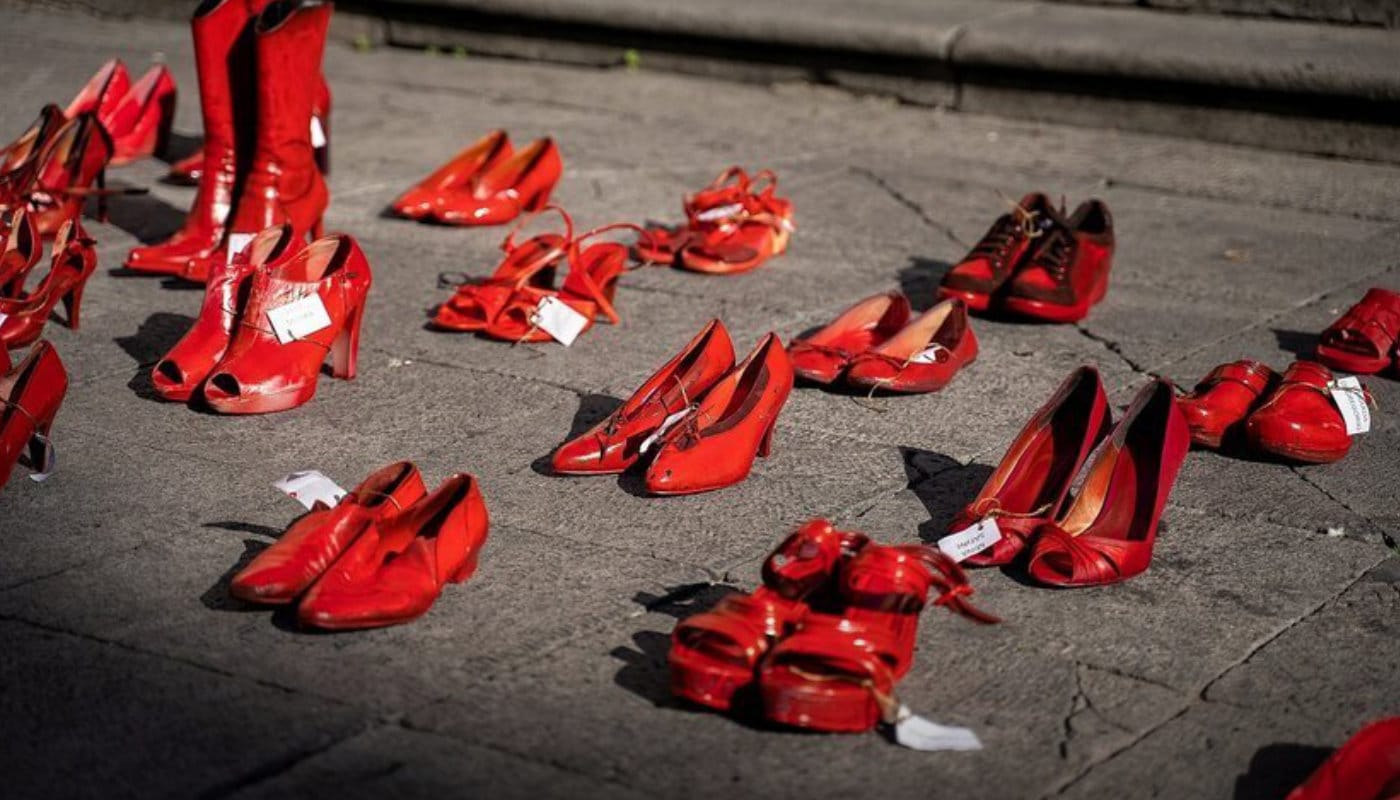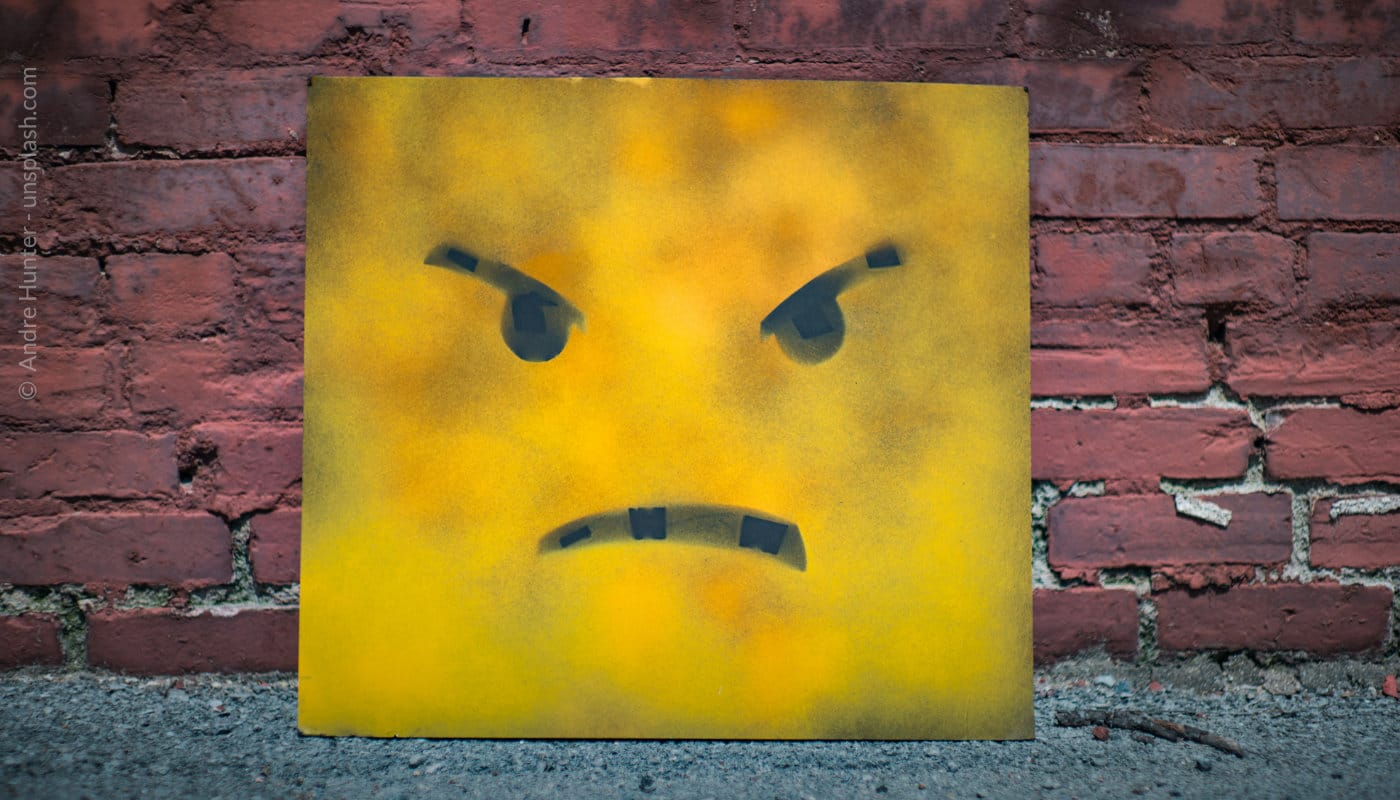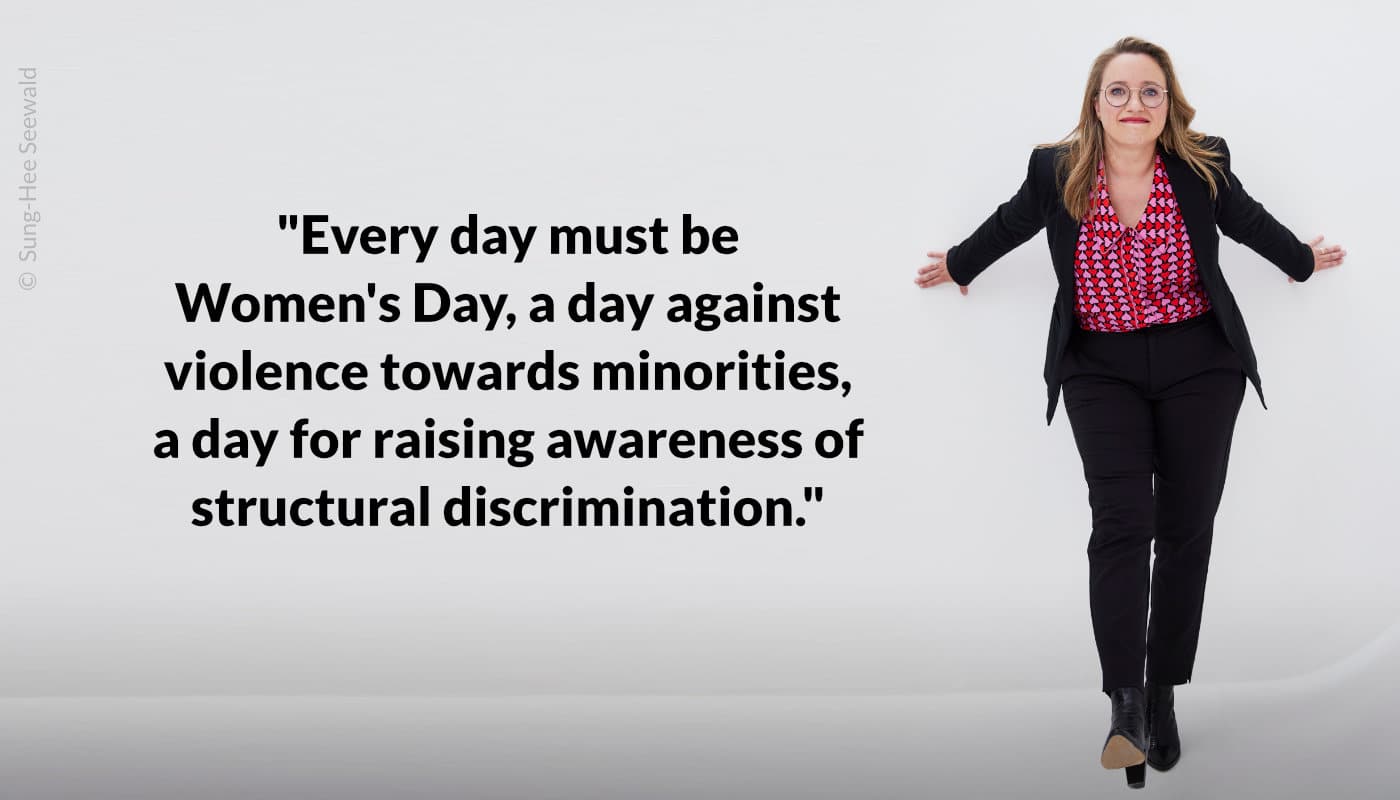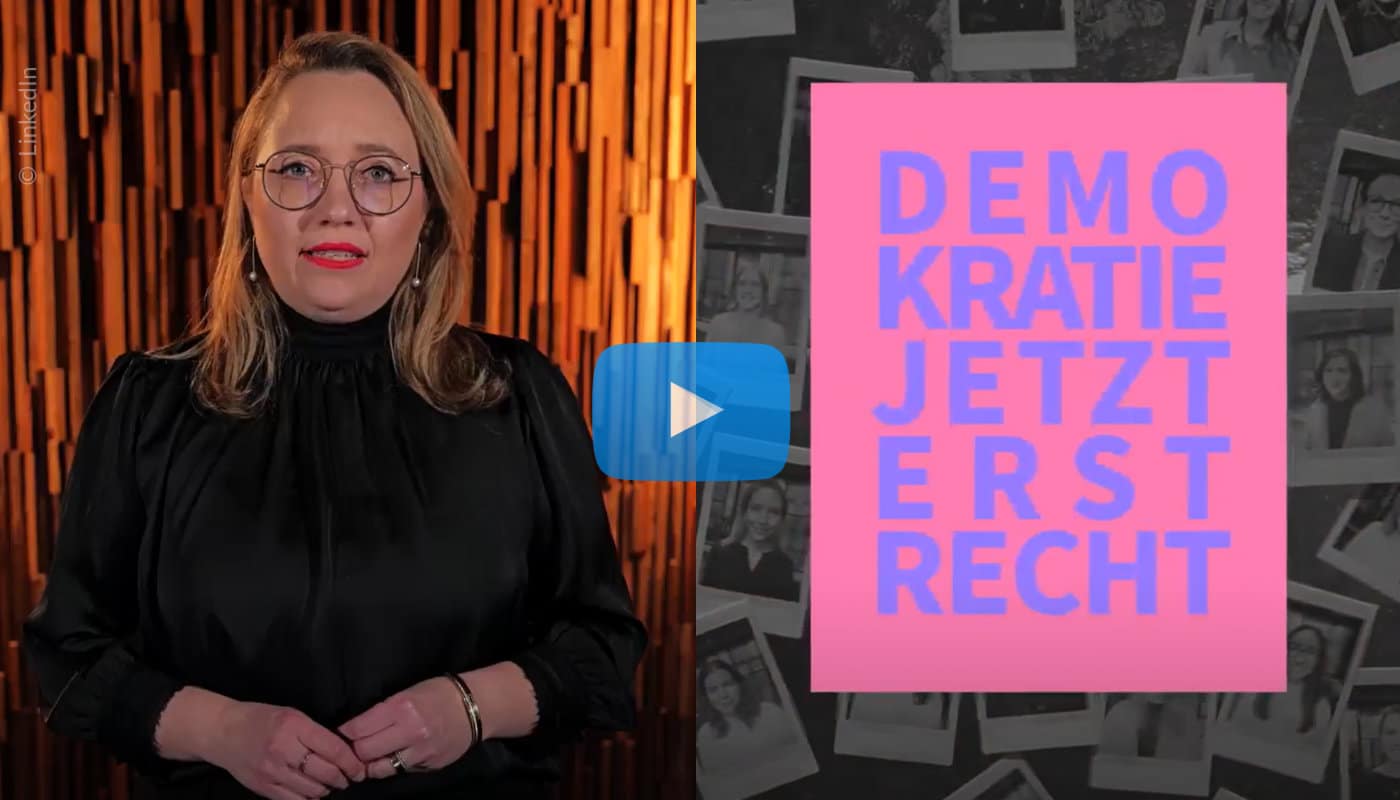On the occasion of the overturning of a verdict against US film producer Harvey Weinstein, ZEIT ONLINE interviewed Berlin-based lawyer Christina Clemm, author of the book “Against Misogyny”.
Clemm emphasizes that the overturning by no means implies an acquittal for Weinstein. The verdict was overturned by a higher instance because the previous trial was supposed to have been unfair – insofar as it included testimony from Weinstein’s victims whose cases were not part of the charges. The overturning also does not mean that these witnesses were lying.
In a case like this, it is indeed meaningful to hear from witnesses who have experienced similar situations. This can reveal patterns, past actions that support the credibility of the testimonies. “If you only see things in isolation, you never encounter the structural problem. You cannot judge the accused without their background,” though this alone, of course, is not sufficient for a conviction.
“But the achievements of the MeToo movement are not erased by the overturning of the verdict – the core issue is that victims can finally speak out about sexual violence.” However, “For witnesses who testified in such a trial and had to have their entire private lives scrutinized in front of the world, the overturning is of course a burden.”
Regarding German jurisprudence, Clemm questions in individual cases whether a criminal trial is even the right approach from the perspective of the victims. Trials take far too long. Punishments are rare and often not meaningful if they only consist of locking up the perpetrators, and the deterrent effect of even high penalties is low. “The question is, which regulations really help prevent sexual violence. Where there is a power imbalance, it is often exploited to commit sexual violence.”
If one has expensive lawyers, one can prolong a trial for a long time. “On the side of the injured, there are no huge funds that can be used to pay for advocacy. Convictions for sexual violence are very rare. (…) In Germany, it is incredibly dangerous to report someone who has power and money. The injured parties must expect counterclaims and public condemnation. (…) That’s why virtually no perpetrators are known in this country. They seem not to exist.”
Although a judicial process is fundamentally something very important and fundamental for democracy, Clemm is convinced: “We will never solve the problem of sexualized violence through the criminal justice system alone. We must fight this violence as a society as a whole. (…) It requires a new attitude: Silence is complicity.”

Posted by herCAREER,
References:
